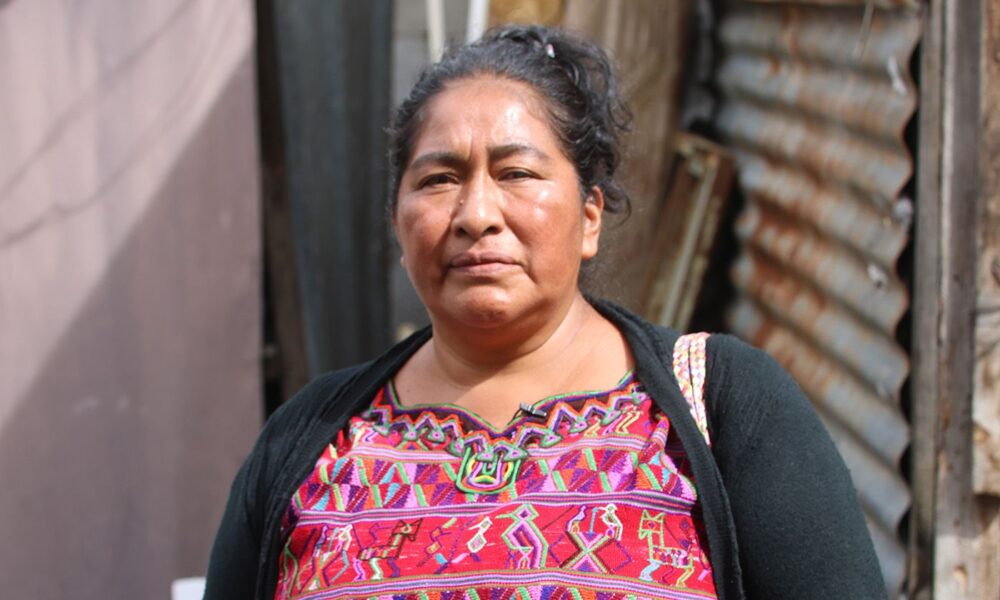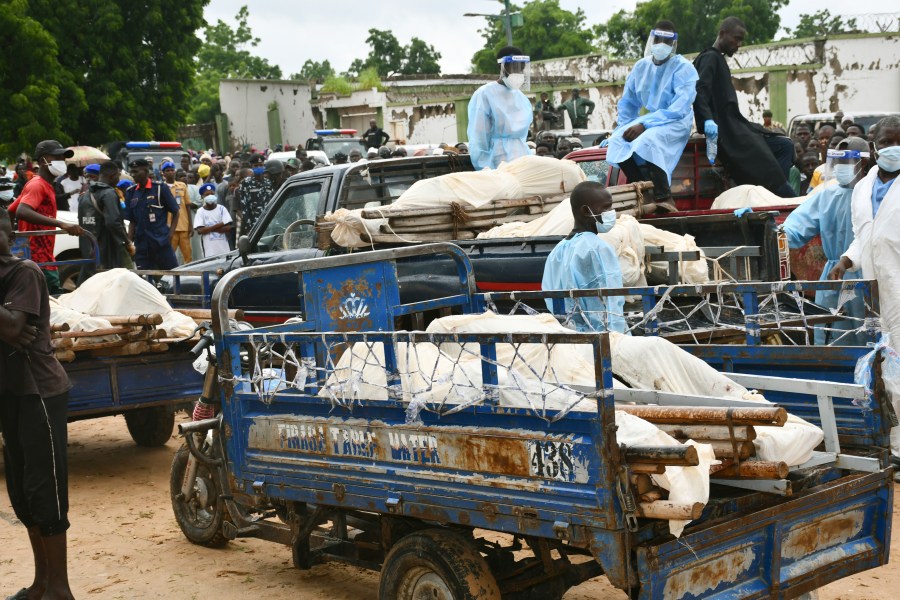Workers in Guatemala’s garment factories, known as maquilas, face challenging conditions that often remain hidden from public scrutiny. These factories employ tens of thousands of individuals, predominantly women, who produce clothing for major North American brands. Despite the significant role these factories play in the local economy, reports reveal a troubling landscape of workplace abuse, exploitation, and a lack of oversight.
Entering the factories, located in industrial zones across the Guatemalan capital, one finds a workforce that is largely female, ranging from their late teens to early sixties. Many workers commute long distances, some on foot or by motorcycle, while others cram into old yellow school buses imported from the United States. Once inside, the reality of their working conditions becomes apparent: long hours, unrealistic quotas, and inadequate safety measures.
According to a months-long investigation by CNN, many maquila workers report facing extreme pressure to meet production targets, often working up to 15 hours a day for less than $500 per month. Rosa Guerra, a factory worker, voiced the struggles they face: “If you don’t keep up, they flag you out, they discipline you.” In addition to the pressure to perform, allegations of sexual harassment and other forms of mistreatment are rampant. Merida Jacinto, another worker, described the unsanitary conditions, stating, “The drinking water was dirty. Sometimes it even had soap or cockroaches in it.”
The labor landscape in Guatemala is fraught with challenges, particularly for those seeking to form unions. Of the more than 850 maquilas in the country, only 76 allow union representation, a mere 9%. Attempts to organize often result in threats or firings, with some workers facing violence. Labor Minister Miriam Roquel confirmed this dismal reality, highlighting the climate of fear that permeates the industry.
The garment sector has become increasingly vital to Guatemala’s economy, accounting for nearly 10% of the country’s GDP. Following the disruptions caused by the Covid-19 pandemic, imports of apparel from Guatemala surged by 37% between 2019 and 2022, according to the US Department of Commerce. This shift reflects a growing trend of nearshoring, with US manufacturers seeking production closer to home to avoid supply chain disruptions.
As evening falls in Guatemala City, many workers leave their factories, some ready to share their stories. Rutilia Cano, who worked for the same garment factory for 23 years, found herself suddenly unemployed in February. An indigenous woman, Cano moved to the capital in the 1980s to escape civil war. “We were asked to make some 300 t-shirts an hour, but I never managed to,” she recalled. After the factory declared bankruptcy, Cano faced a grim future, losing her pension and struggling to support her family.
The intricate supply chain in the garment industry complicates matters further. Many factories are owned by foreign companies, primarily from Korea, which control about two-thirds of the investments in the Guatemalan textile sector. Consequently, US brands, such as Target and Ralph Lauren, often do not have direct relationships with the workers who produce their garments, limiting their accountability regarding working conditions.
Cano’s situation is not unique. After the factory closure, she joined a legal battle involving Sae-A Trading, another Korean company that purchased garments from her former employer. Despite lacking legal responsibility for the workers, Sae-A Trading pledged to provide a humanitarian contribution of $3.3 million, a move that could significantly impact the lives of those affected.
For workers like Laura and Alexandra, the environment in maquilas can be even more perilous. Alexandra recounted her experience with a manager who subjected her to sexual harassment. When she and her colleagues reported the abuse, they were met with indifference from upper management, who suggested they were free to leave if they were unhappy. Such responses reflect a broader culture of fear and intimidation that discourages workers from speaking out.
Corina Olivares, a union representative at the Texpia II factory, took over leadership after her predecessor was murdered in June 2022. The threats against union members have created an atmosphere of dread, limiting the ability of workers to advocate for better conditions. While factory management has condemned the threats, the underlying issues remain unaddressed.
Despite the challenges, change is on the horizon with the election of President Bernardo Arévalo, who has promised to address the abuses prevalent in the maquila sector. While his administration has increased the minimum wage for workers by 6%, the implementation of effective oversight remains a challenge. “What has been lacking in Guatemala is the political will to make public institutions work,” Arévalo stated, highlighting the need for systemic reforms.
As the future of the garment industry hangs in the balance, workers continue to grapple with the repercussions of a system designed to prioritize profit over human rights. The struggles faced by these women serve as a stark reminder of the need for greater accountability and improvements in labor conditions across the global supply chain.






